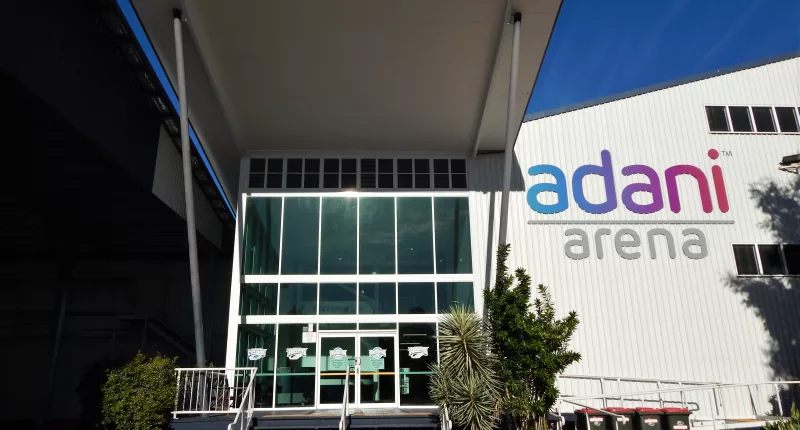Arguably one if India’s largest business conglomerates, the Adani Group, despite massive investments, failed to achieve what it’s peer conglomerates couldn’t achieve either — building a super app in India. The group has reportedly dropped its plans to further expand its ’Adani One’ super amid heavy financial losses and internal mismanagement, reports Bloomberg. The digital platform, launched in 2022 as ‘Adani One’, was designed to be a one-stop platform for consumers, combining a range of services like travel, shopping, bill payments, and other lifestyle utilities.
However, despite investing around $100 million over 2-3 years, the app failed to gain significant user engagement or become profitable. Therefore, the company has reportedly merged the digital unit (which had operated independently under Adani Digital Labs) into its airport business and scaled back its digital ambitions. Initially, Adani One (inspired by China’s WeChat and Douyin) aimed to offer a unified app experience by connecting services from the Adani Group’s wide-ranging infrastructure operations, including ports, logistics, and energy.
The long-term goal was to reach up to 500 million users by 2030. Gautam Adani (Chairman, Adani Group) had described the vision as building ‘the Ferrari of the digital world’. Even as of March 2024, the app had reached around 30 million users, but this early traction did not translate into sustainable growth or a clear revenue stream.
According to the report, the super app project’s lack of momentum also led to internal restructuring earlier this year. Actually, the merger of the digital unit was followed by the departure of several top executives. For example, Adani’s Chief Digital Officer, who led the super app project, left the Group midway while an internal inquiry into the handling of the venture was underway, says the report. Around the same time, several other staff members involved in the project also left the company.
The company for now, is said to be refocusing on its traditional strengths in infrastructure, energy, logistics, and airports.
The decision by the Adani Group to step back from its super app project also reflects the broader difficulties faced by large Indian conglomerates in the digital space. Companies like Reliance Industries with MyJio and the Tata Group with Neu have faced similar struggles. Their platforms have been criticized for poor user experience, uncoordinated features, and low user retention. Notably, the Tata Neu super app (launched in 2022) initially saw a strong surge in downloads, boosted by heavy promotions during the IPL. However, that early momentum did not last. Downloads slipped by about 80% year-on-year in late 2024, and monthly active users fell by around 20% in early 2025.
The development also comes at a time when the Adani Group has seen a sharp decline in market value over fiscal year 2025, with about ₹3.4 lakh crore wiped off (representing about 21% drop in its combined market capitalization). The decline is largely attributed to intensified regulatory scrutiny (including US investigations and domestic SEBI reviews), governance concerns, and growing investor uncertainty surrounding the group’s financial practices.
The Tech Portal is published by Blue Box Media Private Limited. Our investors have no influence over our reporting. Read our full Ownership and Funding Disclosure →






